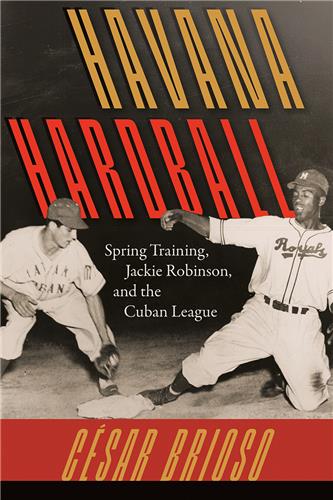Chambers v. Florida and the Criminal Justice Revolution
Richard Brust
Hardcover: $110.00
Paper: $35.00
Paper: $35.00
The history and enduring legacy of a breakthrough case in criminal justice reform
“A solid addition to the historical literature on twentieth-century criminal jurisprudence, and, just as significantly, an engaging and accessible read. Brust privileges the story, lets his research speak for itself, and brings renewed and deserved attention to this landmark U.S. Supreme Court decision.”—Rob Riser, author of Defying Disfranchisement: Black Voting Rights Activism in the Jim Crow South, 1890-1908
In 1940, the United States Supreme Court decided in Chambers v. Florida to ban confessions obtained through mental or physical coercion in criminal trials. This landmark ruling laid the groundwork for many later protections for those in the custody of law enforcement. This book shows how the case contributed to what is now known as the “criminal procedure revolution,” a series of Supreme Court rulings that found protections in the Bill of Rights applied not only to defendants in federal cases but also to those in state legal systems.
The trial that sparked this chain of events resulted from the robbing and murder of a white fish-market owner in Pompano, Florida, in 1933. Local law enforcement officers extracted confessions from four Black migrant workers after a week of torture and abuse. Simuel McGill, a Black lawyer based in Jacksonville, mounted appeals, kept the accused men safe from lynchings, and eventually took the case to the nation’s highest court, where Justice Hugo Black, among other parts of the ruling, compared justice systems in the Jim Crow South to those of totalitarian nations in 1930s Europe. This book fully explores the case, often overlooked by historians, and its ripple effects—such as the “Miranda rights” formalized in 1966, including the “right to remain silent.”
"Chambers v. Florida" and the Criminal Justice Revolution demonstrates the influence of African American lawyers in early criminal and civil rights cases, as well as the growing public awareness of abuses of power by white sheriffs and law enforcement authorities during this time. It highlights the ever-present need to safeguard protections for minority and impoverished individuals accused of crimes, reminding readers that with perseverance and vigilance, justice can prevail.
Richard Brust is an award-winning journalist and legal historian who has worked as an editor and writer at metropolitan newspapers and legal affairs publications.
A volume in the series Government and Politics in the South, edited by Sharon D. Wright Austin and Angela K. Lewis-Maddox
- Sample Chapter(s):
- Excerpt
- Table of Contents
There are currently no reviews available












